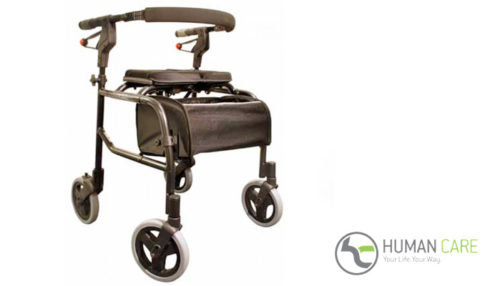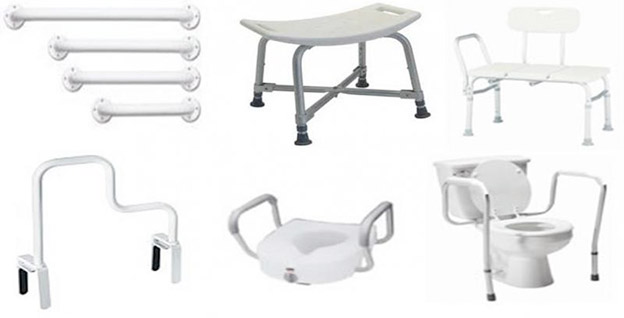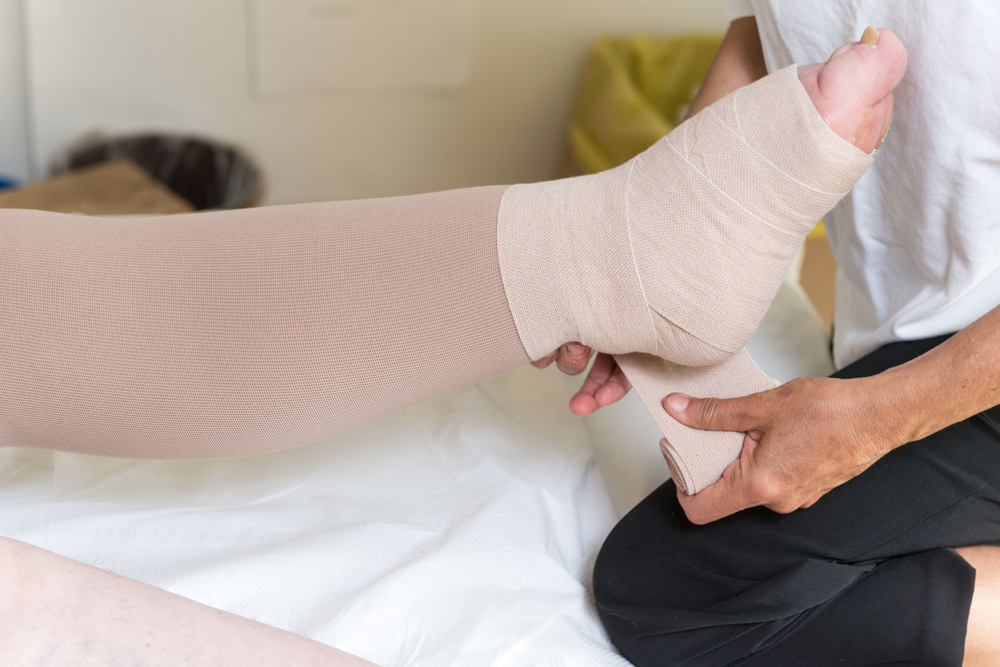Managing Mobility Issues
Mobility issues can affect people at any age, but they are the most common among older adults and seniors. The cause can be the result of an accident, an injury, a disease, or the symptom of other health problems. Limited mobility doesn’t mean that you have to live without dignity and be dependent on others. There are new medical advances every day, and many mobility aids available on the market can help you get around indoors and out.
What Causes Mobility Issues?
Lost or reduced mobility is not inevitable just because you’re getting older. It can happen at any age, and some people are just born with conditions that affect mobility. Normally, the issue is related to a symptom of a problem with the nerves or spine, or a chronic condition like arthritis or fibromyalgia that affects joints and muscles. The condition may also be due to an injury and can even be caused by side effects from your medications.
The symptoms of mobility issues include dragging the feet or exaggerated stepping due to knee or hip pain, having trouble bending or rising from a sitting position due to back pain, and falling or experiencing issues with balance. In fact, falls are the biggest danger to those with reduced mobility or range of motion. Undiagnosed ailments or lack of adequate care for those with limited mobility can lead to other health and safety issues. These include:
- The need for assistance with toileting and daily hygiene
- The inability to get around or use transportation
- Problems with cognition or money management
- The inability to perform routine tasks around the house like laundry and meal preparation
- Depression and/or sleep problems
Facts and Myths About Mobility Problems
There are plenty of myths and misunderstandings associated with mobility problems. The first, and potentially the most common one, is that it’s just old age creeping up on you. There is often an underlying medical concern at the root of limited mobility, and it’s important to diagnose it in order to limit its effects on your day-to-day life and increase independence.
The second misconception is that people who are wheelchair-bound or need assistance walking are otherwise unhealthy or lack intellect and comprehension. Never demean someone with mobility issues by making assumptions like these. There are some guidelines you can follow when you’re meeting or spending time with someone who has a mobility problem. Some are simply good manners or common sense, but they’re worth mentioning nonetheless:
- Only offer help with things like opening doors if asked.
- The wheelchair or walker is an extension of one’s personal space; never lean on it or touch it without permission.
- Allow the person with mobility issues to set the tone or pace for the interaction. That includes walking with them or altering accommodations to suit the ability level.
- Don’t lean in or talk down to someone in a wheelchair. Bring yourself to their eye level.
Mobility Aids That Could Change Your Life
Advances in mobility aids like the Nexus 3 rollator, Evolution Xpresso rollator, and Vaughan (what is the Vaughan wheelchair?)wheelchair have been game-changers for those with mobility issues. There are quality wheelchair stores to rent or purchase medical supplies in Mississauga, so finding equipment to suit your budget and physical needs should be no problem.
There may be several types of walkers, wheelchairs, canes, and rollators in stock at your home health care pharmacy. Here’s a brief overview of what’s available to help narrow down your selections and cut through the confusion before you shop. Your doctor or physical therapist may also be able to suggest the right device for you.
Canes or Crutches
These are stick-like devices that aid when walking is difficult due to a broken limb or a congenital condition like cerebral palsy. Canes can be made of metal, wood, or plastic, and they can be hand-held, made to fit under the arms, or cuffed to the forearm.
Wheelchairs
Manual wheelchairs are often used after surgery or to help someone who is unable to stand or walk to get around. They’re available in a range of styles, and they can be highly customized with accessories like baskets, electronic communication devices, and braking systems. It’s important to find one that’s durable and outfitted to suit your comfort, body mass, and specific ability level.
Walkers
Walkers are metal-framed walking aids that have four legs and a three-sided support bar around the top, with rubber caps on the bottom to help ensure stability and slip-free assistance. They are lifted in front of you, placed back on the walking surface, and then you can follow behind at your own pace. They can be used when you’re recovering from an accident or surgery, and when you have trouble with your balance when walking or standing. They have the option of coming with two front wheels to help one glide along the floor with ease. They are primarily suitable for indoor use.
Rollators
These mobility devices are similar to walkers in operation, and the two devices are often confused. However, rollators are faster and usually only have a front support bar. They also have four wheels at the bottoms of the legs and contain a seat on the top and a small cargo basket attached to the inside of the frame. They offer support and stability and allow persons with balance problems or limited mobility to walk unassisted. The seat also allows one to rest if they get tired while walking.
Other Supplies
By implementing a range of bed and bathroom accessories within your house, you can also help make life easier and safer in the comforts of your own home. For more information on electric beds, lift chairs, and bathroom safety products, be sure to visit us in store to find the right products for you.
Where to Find Help
The first place to turn for help with mobility issues is your health care provider. If your problems are new and not the result of a previous condition, he or she can perform an assessment to determine possible causes. Once a diagnosis is made, the solutions may include:
- Adjusting your medications
- Surgery
- Physical therapy
- Using a mobility aid, like a cane, rollator, walker, or wheelchair to get around
- Assisted living or home health services
Your doctor can also recommend a medical supply store in Oakville or Mississauga that has any mobility aids or home health care products necessary to maintain your quality of life. Depending on the prognosis, you can either purchase a mobility aid like the Xpresso rollator or rent one on a short-term basis.
You might also be eligible for government funding based on physical need not financial need that your medical supply store in Oakville or Mississauga would be able to assist you with.
If you’re ready to find the right mobility aid for you, we’re ready to help you do just that! Visit our website to check out the various options today!
- Adapting the Workplace for People with Disabilities - December 2, 2020
- More About Rollators and The NeXus 3 - March 26, 2020
- Bathroom Safety 101 - March 12, 2020

 905-822-1614
905-822-1614






